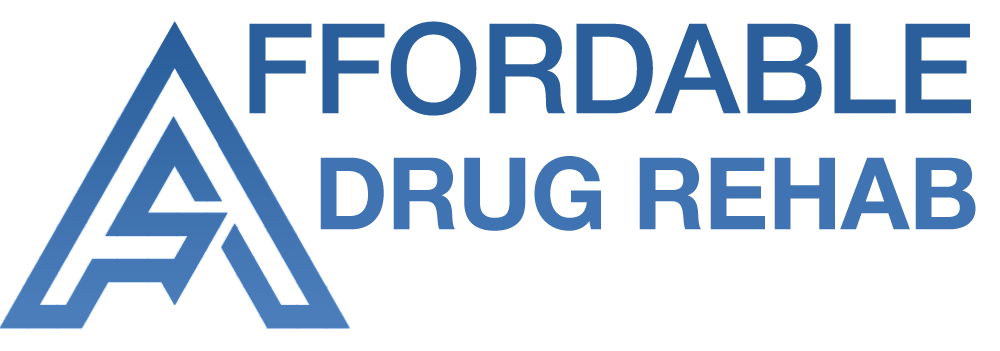Give us a call1 (888) 850-3656
Table of Contents
What is the purpose of a rehabilitation center?
As experts in addiction treatment, we see our affordable rehab centers for drugs as a critical lifeline for individuals grappling with substance abuse. The primary purpose is to provide structured and professional support to those looking to overcome addiction and achieve long-term sobriety. These centers offer a range of services, from medical detoxification to therapy and aftercare, all aimed at healing the person physically, emotionally, and psychologically. For us at Affordable Drug Rehabs, we’re not just treating the addiction; we’re rebuilding lives, restoring relationships, and integrating individuals back into the community as productive, happy members.
What is the meaning of rehab center?
When we speak of our affordable drug rehab centers California, it signifies a place of hope and transformation. It’s a dedicated facility where individuals can retreat from the triggers and stresses of their daily environment to focus wholly on their recovery. Rehab centers offer a diverse array of treatment programs tailored to the needs of each individual. They are not only about abstaining from substances but also about understanding the root causes of addiction and learning new coping strategies. For us, it’s about providing a compass for navigating the journey to a renewed sense of self and a rehabilitated life.
How do Affordable Drug Rehab Centers ensure quality care despite lower costs?
There’s a common misconception that lower cost equates to poorer quality, but that’s not the case with our affordable 90 day drug rehab facilities. We believe that everyone deserves access to high-quality treatment, and our mission is to deliver that without the heavy financial burden. We’ve cultivated a network of caring, qualified professionals and work with various funding sources to keep costs down. Plus, we focus on evidence-based therapies and personalized treatment plans that are just as effective as those found in more expensive facilities. It’s about streamlining care, not cutting corners, and our clients’ recovery successes reflect that commitment to excellence.
What evidence-based treatments do you offer, and how are they tailored to individual needs?
Our primary commitment is to evidence-based treatments such as Cognitive-behavioral Therapy (CBT) and Motivational Interviewing, which are widely recognized for their effectiveness in treating substance abuse. We customize these treatments to individual needs based on a thorough assessment of each person’s addiction, psychological makeup, and life circumstances. Every person’s journey to recovery is different, and so their treatment must be equally unique. We also integrate holistic practices like art therapy, mindfulness, and nutritional counseling to nurture all aspects of our clients’ well-being.
What challenges do individuals face after leaving rehab, and how does your aftercare support them?
Post-rehabilitation life comes with its own set of challenges, like resisting relapse triggers and rebuilding a substance-free life. That’s why our aftercare is a cornerstone of support, guiding clients as they navigate this new terrain. We offer resources from group meetings to mentorship programs, helping individuals stay connected to a community that understands and supports their journey. Job placement assistance and life skill workshops also feature in our support, setting up our clients not just to survive outside of rehab, but to thrive. Have you or a loved one faced challenges in maintaining sobriety after completing a treatment program?
Resources Section
- National Institute on Drug Abuse (NIDA): Provides scientific information on drug use and its effects on the body and brain. https://www.drugabuse.gov/
- Substance Abuse and Mental Health Services Administration (SAMHSA): Offers information on substance use disorders and mental health issues, including treatment locators. https://www.samhsa.gov/
- Centers for Disease Control and Prevention (CDC): Features comprehensive resources on public health concerns, including drug overdose and prevention strategies. https://www.cdc.gov/
- National Institutes of Health (NIH): Hosts a wide range of health-related research, with sections dedicated to various aspects of drug use and addiction. https://www.nih.gov/
- National Library of Medicine (NLM): Offers access to a vast collection of biomedical literature, including research on drug addiction and rehabilitation. https://www.nlm.nih.gov/
- American Society of Addiction Medicine (ASAM): Provides guidelines and educational resources on the treatment of addiction. https://www.asam.org/
- Office of National Drug Control Policy (ONDCP): Contains federal policies, initiatives, and resources related to drug abuse and its prevention. https://www.whitehouse.gov/ondcp/
- World Health Organization (WHO): Provides global data and resources on substance abuse and health implications. https://www.who.int/
Affordable Rehab Centers for Drugs Affordable Drug Rehab Centers California Affordable 90 Day Drug Rehab Facilities

